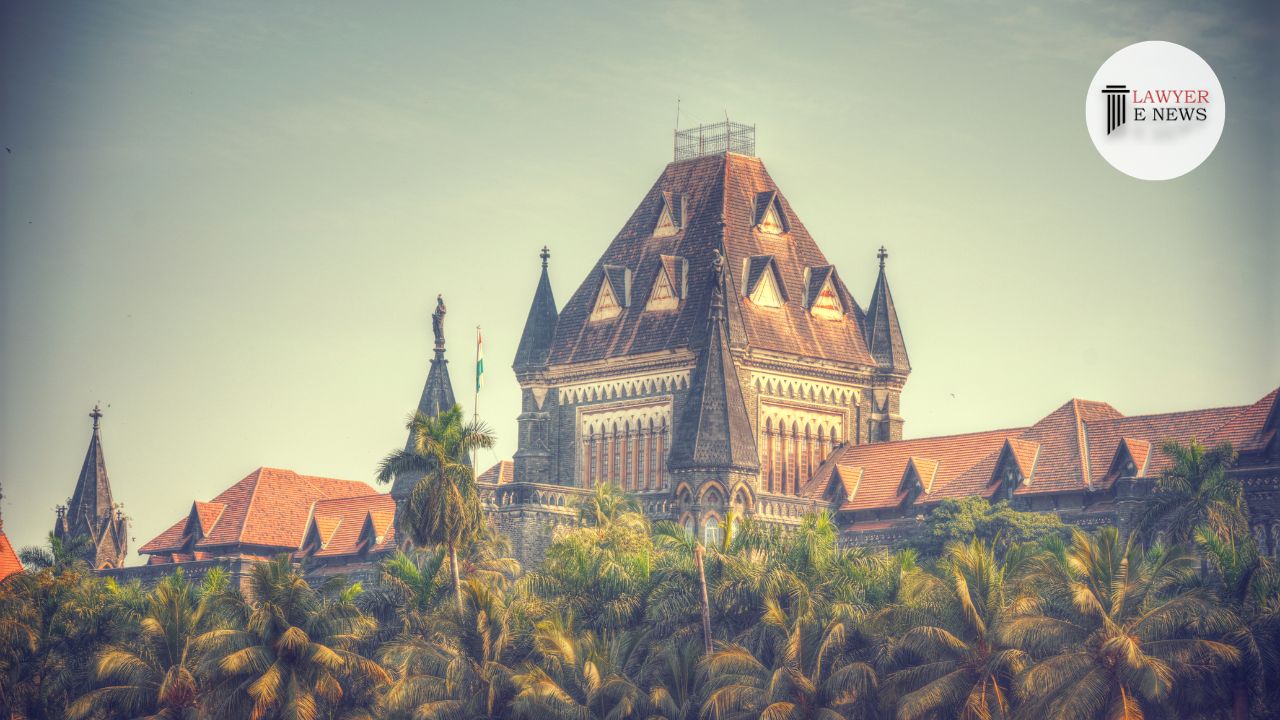-
by Admin
15 February 2026 5:35 AM



Justice Deshmukh criticizes SDO’s inquiry for reproducing allegations without substantive discussion or independent findings.
The Bombay High Court has overturned the disqualification of Sou. Pratibha Sudhir Shinde, President of Wai Municipal Council, by the State Government. The decision, delivered by Justice Sharmila U. Deshmukh, underscores the necessity for a comprehensive inquiry and strict compliance with statutory procedures under the Maharashtra Municipal Councils, Nagar Panchayat, and Industrial Township Act, 1965.
The case centers around allegations of bribery involving Sou. Pratibha Sudhir Shinde and her husband, accused of accepting a bribe of ₹14,000 to clear a contractor’s bill. A complaint led to an Anti-Corruption Bureau (ACB) investigation, resulting in the registration of criminal charges. Subsequently, the State Government disqualified Shinde from her position as President and Councilor of Wai Municipal Council, barring her from contesting elections for six years. Shinde challenged the disqualification, contending procedural lapses and lack of substantial evidence.
Justice Deshmukh noted significant procedural deficiencies in the disqualification process. The inquiry was conducted by the Sub-Divisional Officer (SDO) rather than the Collector, as required by Section 55-1(2) of the Act. Furthermore, the absence of a requisition signed by half of the total number of Councilors, essential for initiating such proceedings, was highlighted. The court emphasized that “removal of a directly elected President mandates strict adherence to statutory provisions to ensure fairness and transparency.”
The court stressed the importance of a thorough and reasoned inquiry. Justice Deshmukh remarked, “The proceedings for removal of a duly elected member are quasi-judicial in nature, necessitating a full-fledged inquiry backed by reasoned findings.” The inquiry report by the SDO was criticized for merely reproducing allegations without substantive discussion or independent findings of misconduct or disgraceful conduct.
Addressing the allegations of bribery, the court found that the complainant, Amit Jaygude, was not the actual contractor, raising doubts about the credibility of the complaint. The contract was awarded to Sachin Gurav, who did not file any complaint. The court observed that the SDO’s report failed to provide a clear explanation for the acceptance of ₹14,000 and relied heavily on unverified phone recordings.
The judgment referenced significant precedents, including Ravi Yashwant Bhoir vs. District Collector Raigad and Tarlochan Dev Sharma vs. State of Punjab, emphasizing the necessity for a stringent standard of proof and detailed reasoning in cases involving the removal of elected officials. Justice Deshmukh stated, “The provisions of Section 55-A do not grant absolute power to the State Government to remove a directly elected President without a motion initiated by the required number of Councilors and a subsequent inquiry by the Collector.”
Justice Deshmukh remarked, “The impugned order suffers from a patent error of jurisdiction and lacks the foundational basis of a full-fledged inquiry, rendering it unsustainable.”
The Bombay High Court’s decision reinstates Sou. Pratibha Sudhir Shinde as President of Wai Municipal Council, highlighting the judiciary’s commitment to upholding procedural integrity in the disqualification of elected officials. This judgment reinforces the legal framework ensuring fair and transparent proceedings and is expected to influence future cases involving similar statutory provisions.
Date of Decision: June 26, 2024
Sou. Pratibha Sudhir Shinde vs. Government of Maharashtra & Ors.
